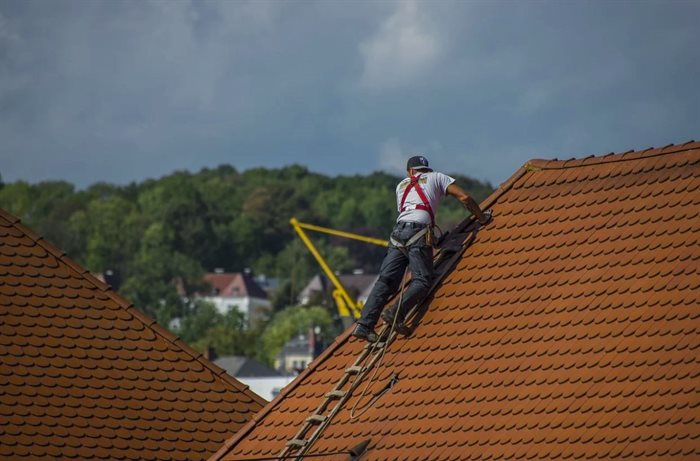Since having partnered with the Master Builders Association (MBA) North to accelerate the introduction of standards in the roofing and waterproofing industry, the Professional Roof Repair and Waterproofing Association (PRAWA) has applied to the South African Qualifications Authority (SAQA) to be recognised as the industry's professional standards body.
While progress has been made, more needs to be done, says JJ Conradie, executive chair of PRAWA. He argues that the industry desperately needs a regulator that can set and maintain industry standards.
“Without standards, our industry will simply not make progress – a credible standards framework operated by a reputable professional association like PRAWA will enable the roofing and waterproofing industry to become a trusted member of the construction industry’s ecosystem,” he says. “The present situation is not sustainable, especially given the emphasis on infrastructure as an engine of economic growth.”
Conradie says that figures from insurers indicate that about 60% of roofing and waterproofing work in relation to claims has to be redone. These reworks cost insurers significant amounts of money, ultimately impacting on underwriting costs, and severely inconveniencing clients.
Negative impact of unskilled, unprofessional workers
“Experienced and skilled contractors have a rework ratio of around 5%, which just shows how much negative impact unskilled and unprofessional workers have on the industry,” Conradie says. “There are thousands of people in the industry and we need to ensure that clients have a way of identifying those who have the right skills and adhere to professional standards.”
PRAWA has also teamed up with the Roofing Academy to provide a way for individuals to acquire certified skills. Some 60 companies have already sent employees on courses, and around 120 individuals have acquired certification in one or other roofing or waterproofing skill. A very important development has been that insurers are starting to send their assessors on the courses as well, indicating just how they have bought into the concept of a professionalised roofing and waterproofing industry.
To make it more practical to obtain these certifications, they are offered in units relating to specific roofing types, such as slate, tiles, iron or concrete. The theoretical and practical training for each unit is done at the Roofing Academy over five days, and then the required 90 hours of internship can be done at the company where the individual works. If the trainee is not currently working in the industry, the academy will assist in placing them with a reputable roofing company to complete their internships.
Enhancing the industry's professionalism
“2021 was a difficult year for the industry owing to the ongoing tough economic conditions, further impacted by Covid and the July insurrection. Despite that, there is no doubt that we are making progress in both upskilling the roofing and waterproofing industry and in enhancing its professionalism,” says Boitumelo Thipe, marketing and business development manager at MBA North. “We will continue working closely with PRAWA to bring our two memberships closer together. The roofing and waterproofing sector is an important part of the construction industry, and strengthening it benefits the entire construction industry.”











































